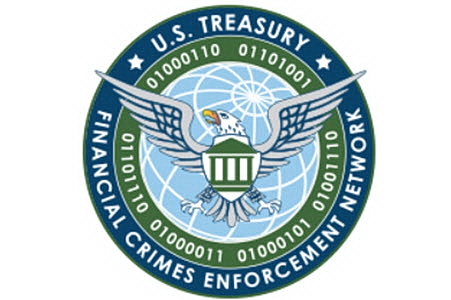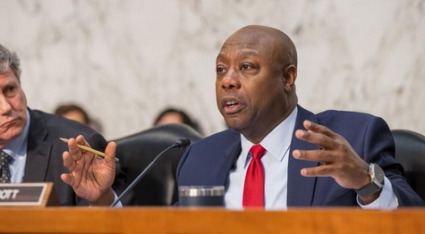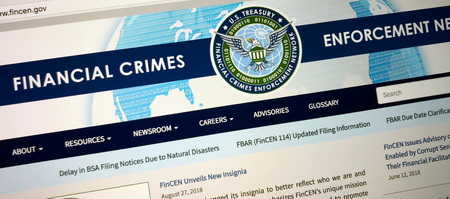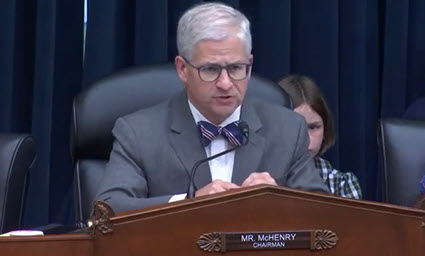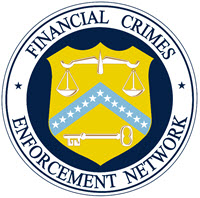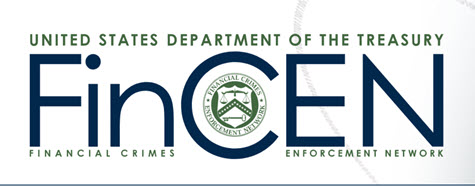
The Financial Crimes Enforcement Network (FinCEN) issued an interim final rule last week that removes the requirement for U.S. companies and persons to report Beneficial Ownership Information (BOI) to FinCEN under the Corporate Transparency Act (CTA). (Bloomberg, March 25)
Why It Matters
- The March 21 rule significantly narrows the scope of the CTA—effectively dismantling key provisions and easing compliance burdens for millions of domestic businesses. (National Law Review, March 25)
- Treasury previously estimated that 32 million entities would be subject to the requirement. Under the revised rule, only about 11,600 foreign firms operating in the U.S. would have to disclose their ownership on average each year. (FinCen, March 21)
- Due to the far-reaching scope of the CTA, RER has long raised concerns about the regulatory burden and cost the CTA would impose on many commercial and residential real estate investment businesses. (Roundtable Weekly, March 7)
- The decision marks a major shift in financial transparency regulation, easing compliance burdens on small businesses and other domestic entities.
New Reporting Framework
- FinCEN prepared a series of questions and answers (Q&As) to address inquiries relating to the Beneficial Ownership Information Interim Final Rule.
- In the interim final rule, FinCEN revises the definition of “reporting company” in its implementing regulations to mean only those entities that are formed under the law of a foreign country and that have registered to do business in any U.S. State or Tribal jurisdiction by the filing of a document with a secretary of state or similar office (formerly known as “foreign reporting companies”).
- FinCEN also exempts entities previously known as “domestic reporting companies” from BOI reporting requirements.
- Domestic companies and their beneficial owners are no longer required to file BOI reports, nor update or correct previously filed reports.
- Foreign reporting companies must still report—but only for non-U.S. owners.
- U.S. persons with ownership in foreign entities are exempt from BOI disclosure.
- New deadlines apply for foreign companies to file initial reports—either 30 days after the rule’s Federal Register publication or 30 days post-registration to do business in the U.S., whichever is later.
What’s Next
- FinCEN is accepting comments on the interim rule for 60 days and intends to finalize it later this year.
As RER works to develop comments for FinCEN on the March 21 Interim Final Rule, we welcome member input.

